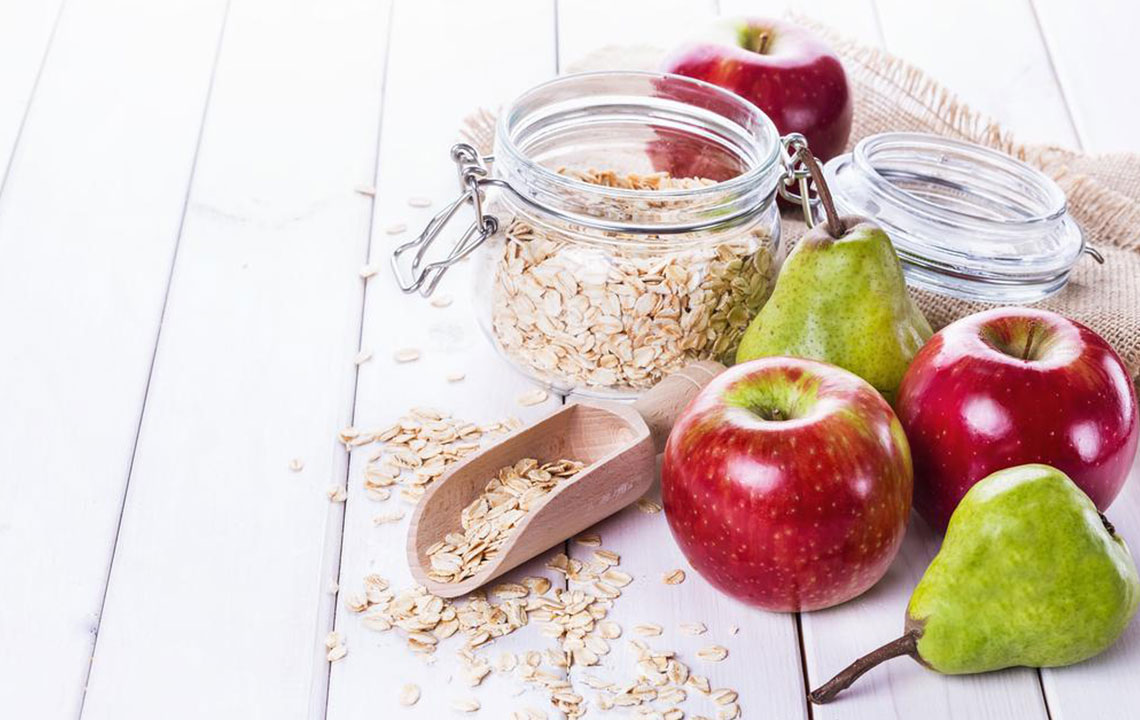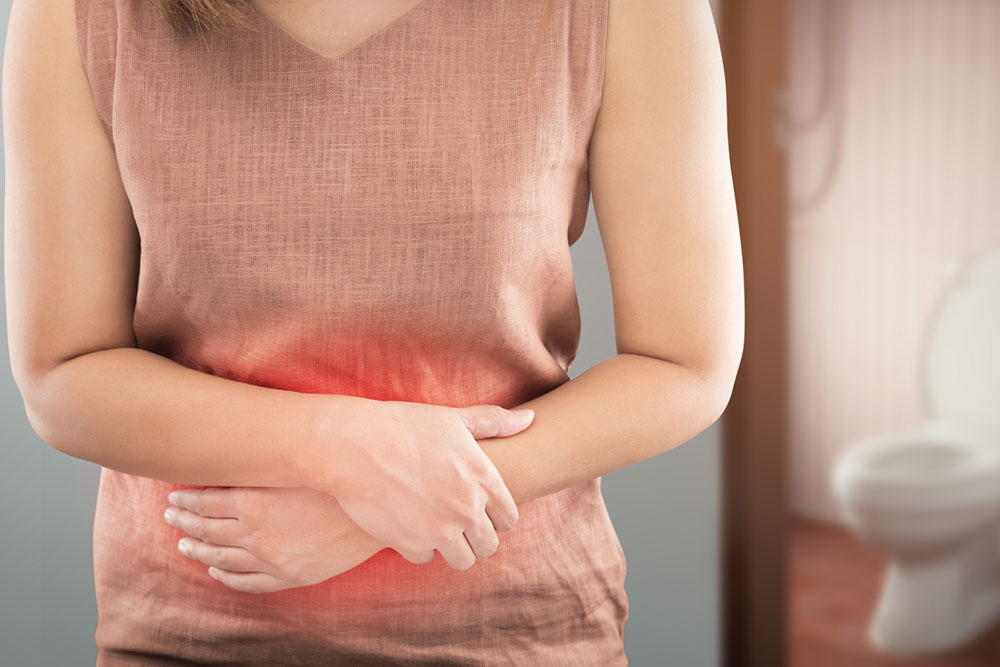Essential Nutritional Strategies for Managing Diarrhea and Promoting Recovery
Explore effective nutritional strategies to manage diarrhea, including foods that help firm stool, restore balanced gut bacteria, and replenish lost minerals. Learn practical dietary tips to promote faster recovery and better gut health during gastrointestinal upset.

Effective Dietary Choices to Alleviate Diarrhea Symptoms and Support Gut Health
Diarrhea is a common gastrointestinal condition characterized by frequent, watery bowel movements that can lead to dehydration, electrolyte imbalances, and fatigue. Managing diarrhea effectively requires a combination of hydration, adequate rest, and strategic dietary modifications. Proper nutrition can significantly accelerate recovery, restore essential nutrients, and soothe irritated digestive tissues. In this comprehensive guide, we will explore the most beneficial foods and dietary practices that can help alleviate diarrhea symptoms, support your gut health, and promote a faster recovery process.
Understanding the importance of dietary management during diarrhea is crucial. When experiencing this condition, certain foods can help firm up stool, reduce irritation, and replenish vital minerals lost through frequent bowel movements. Conversely, some foods may worsen symptoms and should be avoided. Below, we delve into in-depth details about the top nutritional choices recommended for those dealing with diarrhea, including practical tips on food preparation and consumption.
Key Foods to Incorporate in Your Diet During Diarrhea
Bananas
Bananas are among the most recommended foods during episodes of diarrhea. They are easy to digest, gentle on the stomach, and rich in soluble fiber, which helps absorb excess water in the intestines, thereby solidifying stool. Moreover, bananas are packed with potassium, a vital electrolyte that is often depleted during dehydration caused by diarrhea. Restoring potassium levels is essential for maintaining proper muscle function and preventing further complications. The natural sweetness and soft texture of bananas make them a convenient and nourishing choice for individuals recovering from gastrointestinal distress.
Plain Yogurt
Plain, unsweetened yogurt is highly beneficial during diarrhea because it contains live probiotics—beneficial bacteria that help restore the natural balance of gut flora. Diarrhea often results in the disruption of this flora, especially if it is caused by infections or antibiotic use. Replenishing good bacteria can shorten the duration of diarrhea, improve digestion, and boost immune defenses. It’s important to choose plain yogurt without added sugars or artificial flavors, as these can irritate the gastrointestinal lining. Incorporating yogurt into your diet along with other bland foods can promote faster gut healing and overall comfort.
Additional Dietary Recommendations for Managing Diarrhea
Including bland carbohydrate sources in your diet can effectively help regulate stool consistency and reduce irritation. White rice is a staple example, offering a simple, easily digestible carbohydrate that can form bulk in the intestines and absorb excess water. It’s best to prepare white rice plain, avoiding spices, fats, or heavy seasonings, and to pair it with gentle proteins such as steamed chicken, poached eggs, or baked fish to ensure sufficient nutrition while minimizing gastrointestinal stress.
Another useful food is white bread, which is low in fiber and easy to digest, making it helpful for absorbing excess moisture and reducing diarrhea severity. Whole grain breads, with their higher fiber content, may irritate the bowel further and should generally be avoided during active diarrhea episodes. Similarly, plain white pasta without sauces or spices can be included as a gentle energy source.
Starchy vegetables like boiled potatoes are excellent choices because they provide not only energy but also vital minerals such as potassium. Prepare potatoes by steaming or boiling without skin to reduce fiber content while maintaining nutritional value. Minimize salt and avoid adding butter or cream. Carrots, when boiled or steamed, are also gentle on the stomach and rich in vitamins and minerals.
Lean proteins, such as baked turkey or skinless chicken, are beneficial additions that can supply necessary amino acids without aggravating gastrointestinal symptoms. These foods should be prepared plainly—boiled, steamed, or baked—without added fats or spices. Incorporating such gentle, nutrient-dense foods into your diet, combined with adequate hydration—preferably with water, oral rehydration solutions, or electrolyte drinks—can significantly help in managing and recovering from diarrhea.
While dietary modifications are pivotal, it’s equally important to hydrate adequately and rest sufficiently. Avoid caffeine, alcohol, and very high-fat or spicy foods, as they may worsen symptoms. Always consult healthcare professionals for personalized advice, especially if diarrhea persists beyond a few days, if there is blood or mucus in stool, or if dehydration symptoms worsen. A comprehensive approach combining proper nutrition, hydration, and medical consultation ensures a smoother recovery and helps maintain overall well-being during gastrointestinal distress.





